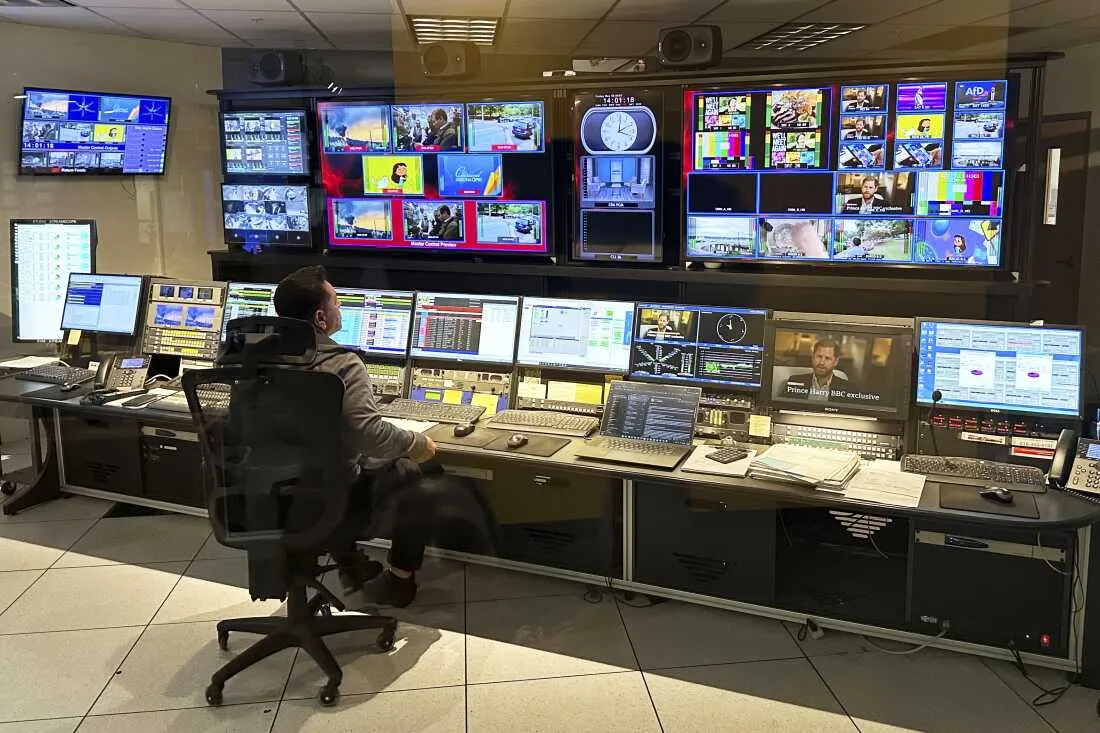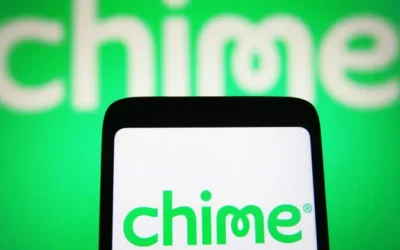Introduction
In an era marked by deep political divides and rapid technological advances, public media outlets like NPR (National Public Radio), MPR (Minnesota Public Radio), and TPT (Twin Cities PBS) are facing significant challenges that threaten their traditional funding and operational models. Recently, efforts by former President Donald Trump to oust board members of the Corporation for Public Broadcasting (CPB) have ignited debates about the future of public broadcasting in America. As digital currencies like DOGE attract attention and funding discussions heat up, how will these media stalwarts adapt to survive the shifting landscape?
The Role of NPR and Public Broadcasting
NPR has been a staple of American media since its founding in 1970. Its mission has always centered on creating a more informed public by providing in-depth reporting on national and international issues, arts and culture, and myriad other topics. Alongside NPR, various local affiliates and public broadcasting stations, such as MPR and TPT, serve local communities with valuable programming. These entities collectively form a critical part of the media landscape, often stepping in where commercial networks may not tread due to their profit-driven mandates.
A Political Standoff: Trump and the Corporation for Public Broadcasting
The CPB, established in 1967, serves as a crucial funding source for public broadcasting entities. Created with bipartisan support, the board’s mission is to promote education and access to quality public media for all Americans. However, former President Trump’s administration marked a turning point in the relationship between public broadcasters and government funding.
In 2017, Trump proposed eliminating federal funding for the CPB. Following this, he attempted to replace board members with individuals aligned with his views, prompting an outcry. Many argued that such moves jeopardized nonpartisan public media, leading to greater self-censorship and reduced editorial independence.
NPR and its allies criticized this political maneuvering, stating that public broadcasting is essential for fostering a well-informed citizenry. The fallout from these attempts to alter the CPB’s governance poses a significant threat to the stability of public media funding.
Funding Cuts and Economic Pressures
As public outlets brace for possible cuts in federal funding, economic pressures from the COVID-19 pandemic and rising inflation add another layer of complexity to their survival strategies. The reality of potential funding reductions looms large, especially for outlets like MPR and TPT, which depend significantly on federal grants to support their operational costs.
A report shared by the CPB following funding debates revealed that broadcasters have already begun to strategize on how to fill potential gaps in funding. Some are looking to enhance local fundraising efforts, maximize donor engagement, and explore grant opportunities from philanthropic organizations.
However, local fundraising can be challenging, especially as many traditional listeners and supporters face their own financial strain. As public media outlets continue to emphasize the importance of accountability and transparency, they also recognize the necessity of evolving their fundraising tactics.
Public Response: Defunding PBS and NPR
The conversation around defunding public media raises the question of what might happen if key institutions like PBS and NPR lose vital support. Would the absence of federal funding compromise the quality of programming? Critics of defunding argue that it could exacerbate an already precarious situation for public broadcasters, pushing them to chase ratings over journalistic integrity.
Public loyalty to organizations like NPR and PBS is high. A 2020 study by the Pew Research Center indicated that nearly 60% of respondents viewed NPR favorably. Additionally, programs produced by PBS are valued for their educational content. Many experts argue that removing or significantly reducing federal support would lead to a decrease in local and national reporting quality, resulting in broader ramifications for democracy and public dialogue.
The Rise of Digital Disruption: Enter DOGE and Other Cryptocurrencies
The rise of digital currencies such as DOGE (DogeCoin) is yet another challenge to traditional media funding models. Originally created as a meme, DOGE has surged in popularity, thanks in part to endorsements from high-profile figures like Elon Musk. This peculiar phenomenon highlights the broader shift in how people perceive value and invest money, and the ramifications extend to how organizations like NPR may seek alternative funding sources.
With the recent surge in popularity of cryptocurrencies, public broadcasters are exploring innovative ways to engage with a digital-savvy audience. As younger listeners increasingly turn to platforms like social media for news, NPR and its affiliates face an imperative to adapt their content delivery, focusing on how to monetize this engagement.
Some organizations are already probing into payment options for content, potentially allowing subscribers to use cryptocurrency to support programming. However, this poses ethical dilemmas and questions of legitimacy that public broadcasters must navigate.
Future Directions for Public Media
As public media outlets grapple with these pressing issues, proactive strategies are imperative for survival. Key avenues for development include enhancing partnerships with businesses and nonprofits, reaching out to communities in meaningful ways, and investing in hybrid delivery models that can serve both traditional audiences and emerging digital platforms.
Integrating audience feedback into programming strategies could be a game-changer. Many public media entities are embracing community engagement initiatives, allowing listeners to voice their needs and preferences. This approach could foster a more profound sense of community ownership and loyalty, which ultimately translates to increased financial support.
Staying relevant in an increasingly digital world will necessitate investment in technology as well. While many public media outlets are currently limited by budgetary constraints, seeking new funding avenues can stimulate strategic investments in digital infrastructure and outreach.
Conclusion
The challenges facing public broadcasting today are multifaceted, encompassing political, economic, and technological dimensions. Organizations like NPR, MPR, and TPT must navigate an uncertain future while remaining committed to their core missions of education and informational integrity. As the debate over federal funding continues and alternative funding methods emerge, it is critical for public media to adapt and reformulate their strategies. This will enable them to foster value-driven relationships with their audiences in a rapidly changing environment.
Ultimately, the success of public media will depend on their ability to evolve while remaining true to their fundamental mission of serving the public good. The stakes are high—not only for NPR and its counterparts but for the health of democracy itself. The future of public media inevitably hinges on its resilience and adaptability in the face of adversity.







